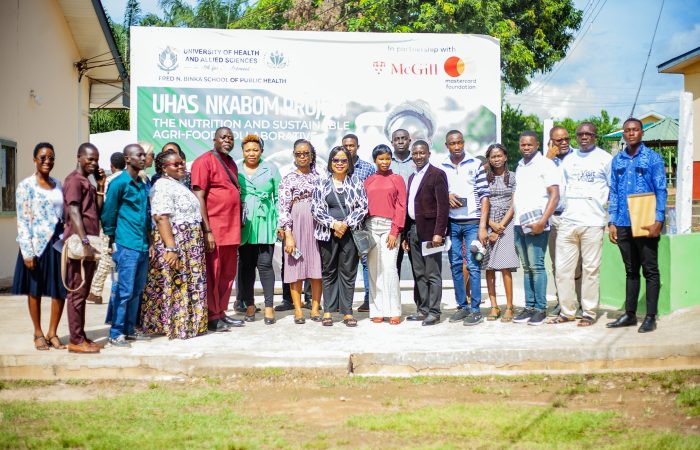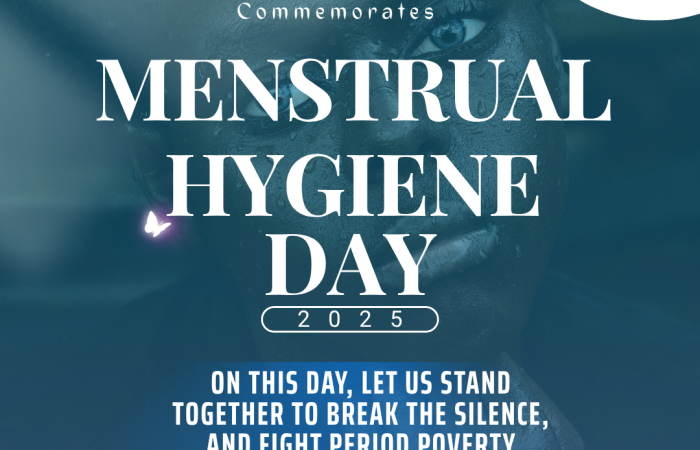The exceptional measures governments and health authorities used during the COVID-19 pandemic, such as lockdowns, quarantine or reorganizing health services, directly affected the full realization of sexual and reproductive health and rights. This was particularly the case for women and girls. These impacts are felt at many levels and require a major rethinking of international health development in order to make this issue a global priority.
Access to birth control
Access to birth control is one of the sexual and reproductive health issues that has been most impacted by the pandemic. According to the World Health Organization, family planning and birth control have been severely disrupted during the pandemic, with seven out of 10 countries affected.
According to the United Nations Population Fund (UNFPA), in 114 low/middle-income countries, more than 47 million women are unable to access contraceptives. With each three-month extension of the measures, up to two million more women would be unable to have access to modern birth control methods.
Confinement measures also disrupted contraceptive supply chains and the ability to access health facilities. Because of the focus on essential supplies to combat COVID-19, sexual and reproductive health-related products became inaccessible or out of stock, directly impeding sexual and reproductive health and rights for millions of women and girls.
Access to sexual health services
The impacts of COVID-19 are also felt on access to sexual and reproductive health services, including on prenatal care, maternal and newborn health services, care related to sexually transmitted infections or sexual health counselling. In the United States, one in three women reported having to delay or cancel a visit to a sexual and reproductive health provider, or had difficulty obtaining birth control. Closures of sexual and reproductive health clinics placed a disproportionate burden on women and girls with sexual and reproductive health needs.
School closures (a measure widely implemented globally) have also led to reduced access to information and sexuality education, mostly for girls. Not returning to school exposed these girls to lack of information and resources, high-risk teenage pregnancy and death (as Save the Children reports that childbirth is the leading cause of death globally for girls aged 15-19).
Even modest barriers to sexual and reproductive health services can have major health effects. For example, the consequences of a 10-per-cent drop in pregnancy-related health coverage can be disastrous for women and newborns: 1.7 million women who give birth and 2.6 million newborns will suffer serious complications and not receive needed care.
Access to abortion
During the pandemic, access to abortion was declared in many states and health jurisdictions a “non-essential” service, hindering access for millions of women and girls. In May 2020, the Office of the United Nations High Commissioner for Human Rights reported that some U.S. states were using the COVID-19 emergency situation to restrict access to abortion. In Italy, health facilities have also suspended abortion-related services or reassigned gynecological staff to anti-COVID-19 care, exacerbating barriers to legal abortion.
Increase in gender-based violence
Violence has also been exacerbated by the health crisis, leading to an increase in gender-based violence threatening well-being and health. The UNFPA has estimated, for example, that a six-month lockdown results in 31 million additional cases of gender-based violence. An additional 15 million cases would be added for each three-month extension.
Children are particularly impacted. Save the Children estimated in May 2020 that in the three months following their implementation, the stay-at-home guidelines resulted in a 20 per cent to 32 per cent increase in physical, sexual and emotional abuse of children. This means 85 million more girls and boys affected worldwide only for June, July and August 2020.
Recommendations
Progress on sexual and reproductive health and rights is a long-term endeavour that cannot afford to pause, even in a pandemic.
Millions of women and girls are affected globally — more than those affected by COVID-19. According to the Guttmacher Institute, there were for example, in 2020, 218 million women with unmet need for modern birth control method, 111 million unintended pregnancies, 30 million unplanned births and 35 million unsafe abortions, and this is only for low- and middle-income countries, compared to around 80 million cases of COVID-19 globally in 2020.
The international community must mobilize with the same force as it did for the current pandemic. Sexual and reproductive health and rights must become a global priority.
To do so, we must:
- Establish a guaranteed base of sexual and reproductive health services that cannot be suspended, even in the event of a major crisis. This would help ensure a minimum supply of services, with continued funding, so that hard-won gains in sexual and reproductive health and rights are not lost.
- Implement a gender and intersectional analysis for all health policies to assess short-, medium- and long-term effects in order to be sure that the negative impact of other health emergencies does not outweigh the expected policy benefits.
- Continue to invest in international health development projects and ensure a significant budget to support the continuity of services despite other health emergencies and crises such as COVID-19.
- Establish a specialization within the police and security services on gender-based violence so that people, especially women, can obtain support and protection without delay, even during emergency situations.
The impact of the COVID-19 pandemic on the achievement of sexual and reproductive health and rights are multidimensional, direct and indirect, unevenly distributed internationally, and felt around the world. These impacts interact and intersect with other gender and/or economic and social inequalities that existed before the pandemic, adding to the complexity of the issue and the difficulties of responding adequately. The international community must make this a priority.
CREDIT: www.theconversation.com


